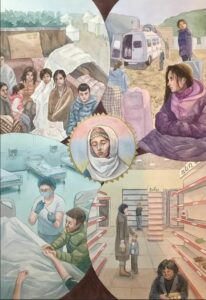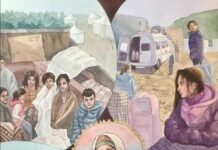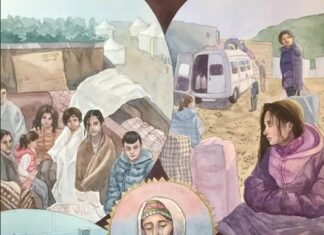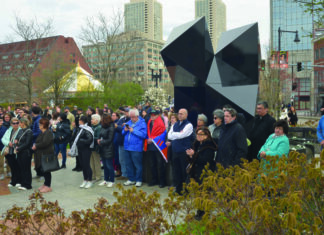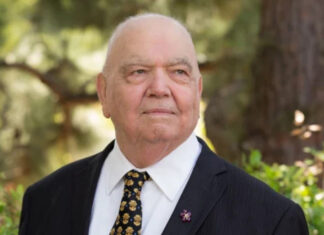By Florence Avakian
PARAMUS, N.J. — German historian Dr. Hilmar Kaiser will present a lecture on his extensive research into humanitarian resistance to the Armenian Genocide.
The event, sponsored by the Armenian Missionary Association of America (AMAA), will take place at the Armenian Presbyterian Church, 140 Forest Ave., Paramus, on September 6, starting at 7:30 p.m. A reception will follow the lecture.
Kaiser was one of the first German historians to delve intimately into the historical facts of the Armenian Genocide. He also was one of the few who did critical research in the Ottoman archives between 1991 and 1995.
In 1996, for political reasons, he was banned from the archives by the Turkish government for 10 years. His important research into this material had uncovered crucial details on key points of the Genocide.
This most likely led to him to receive a lifetime ban by the Turkish authorities. It also resulted in international scholars. politicians and Armenians around the globe demanding his readmission to the archives.
